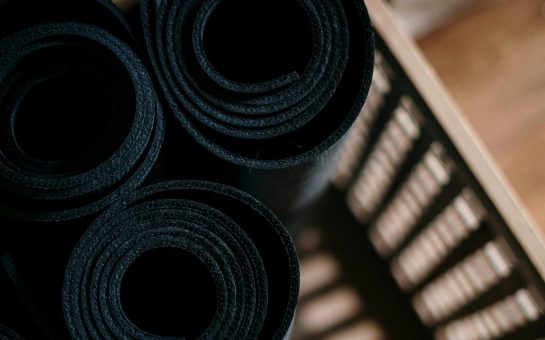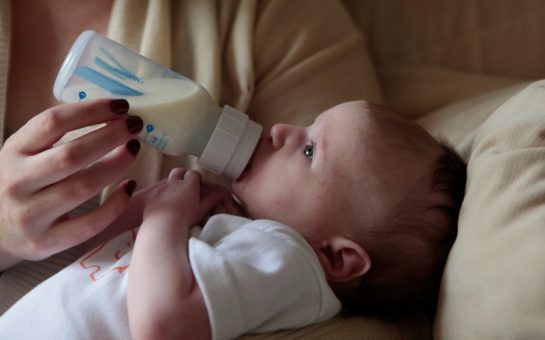Vegan diets in children have been linked to strong health benefits, but reduce a child’s bone growth, according to a new study by University College London (UCL).
The study, which examined 187 children from 5-10-years-old, measured their growth, nutrition and other indicators of health.
The children who did not eat meat or animal products had better cholesterol, but weaker bones and were on average 3cm shorter.
The impact this has on later health is that they will be less vulnerable to heart attacks and diabetes, but have a greater risk of fracturing bones.
Professor Jonathan Wells of Great Ormond Street Institute of Child Health explained that previous research into children’s diets focused largely on vegetarian rather than vegan children.
This distinction was demonstrated by the study’s comparison of vegetarian and vegan diets.
Dr Małgorzata Desmond of the Children’s Memorial Health Institute, Warsaw, explained that vegetarian children demonstrated worse health than vegans, and that this was likely due to them eating a greater number of processed foods.
Desmond said: “The clear message is that whatever diet choice families make, they need to avoid processed foods and consume fresh foods from a wide range of sources to promote health.
“We appreciate that economic issue are relevant, as ultra-processed foods may be cheaper, and fresh foods may involve more time to prepare for meals.“
The results should not deter people from giving up meat, but instead serve as a tool for improving dietary planning, as knowing where vegan diets can fall short can allow for compensation with changes in food and vitamin supplements.
Wells said: “A global shift towards plant-based diets is now recognised to be crucial for preventing climate breakdown, and we strongly support this effort.”
Bone growth was of one of the main areas founds to be impacted by the vegan diet and Desmond highlighted the importance of maximising bone growth before the end of adolescence.
The majority of bone growth happens during this time, and improper development can cause osteoporosis, where the bones become more fragile in old age and fracture easily.
Diet is not the only factor in bone development, with exercise and hormone balance also playing a key role.
The research notes which specific vitamins and minerals were less common in vegan diets that could result in the disparity, as protein and calcium are frequently found in meat and milk, but vegan sources of both exist.
Soy products like tofu have a reputation for containing high amounts of the calcium and magnesium that are needed for strong bones, and also contain the proteins needed for muscle development.
Vitamin D often proves difficult to find naturally in vegan diets, especially in places like London where there isn’t enough sunlight for the body to synthesise its own.
NHS Nutrition advice suggests that during autumn and winter, everyone could benefit from taking vitamin D supplements, regardless of diet.
The children in the study demonstrated healthy levels of vitamin D when using supplements, and the disparity is thought to be more closely linked to calcium.
More research will be needed to fully understand the nutritional impact of vegan diets on children, as greater numbers of children adopt vegan lifestyles.
A survey by meat substitute company Linda McCartney Foods in 2019 showed that one in ten children between the ages of eight and 16 had adopted a meat free diet, with many more planning to transition to being meat free over time.
The same survey discovered that as many as 77% them had been forced to eat meat due to lack of vegetarian and vegan options in places like schools.




